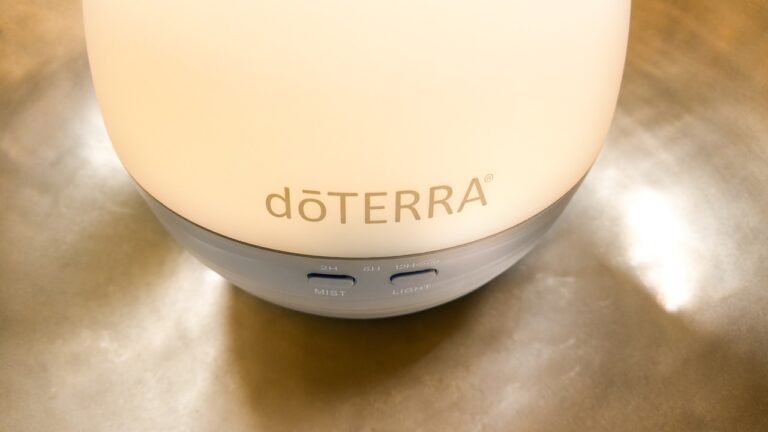The Impact of Artificial Intelligence in Healthcare
The healthcare industry is faced with numerous challenges in delivering quality patient care. One significant obstacle is the rising cost of medical services and treatments, making healthcare less accessible to many individuals. Additionally, the shortage of healthcare professionals, such as doctors and nurses, puts a strain on the system, leading to longer wait times and decreased quality of care.
Another major challenge is the increasing prevalence of chronic diseases and the aging population, which puts pressure on healthcare facilities to provide specialized care and innovative treatments. Moreover, the lack of interoperability among different healthcare systems and electronic health records hinders seamless communication and coordination of care between healthcare providers, resulting in fragmented services for patients. Addressing these challenges requires a collaborative effort from all stakeholders in the healthcare industry to ensure the delivery of efficient and effective healthcare services.
Benefits of AI in Diagnosing Diseases
Artificial Intelligence (AI) is revolutionizing the field of healthcare, particularly in diagnosing diseases. One of the key benefits of AI technology is its ability to process vast amounts of healthcare data at a speed and accuracy unmatched by human capabilities. This enables AI systems to quickly analyze symptoms, medical history, and other pertinent information to assist in diagnosing various diseases.
Furthermore, AI algorithms can identify patterns and trends in patient data that may not be immediately evident to healthcare providers. This can lead to earlier detection of diseases, more precise diagnoses, and personalized treatment plans. By leveraging AI in diagnosing diseases, healthcare professionals can provide more efficient and effective care to patients, ultimately improving health outcomes and potentially saving lives.
Enhancing Patient Care with AI Technology
The integration of AI technology in healthcare has revolutionized patient care by providing personalized treatment plans based on individual data analysis. AI algorithms can quickly process large sets of patient information, enabling healthcare providers to make more accurate diagnoses and treatment decisions. This not only enhances the quality of care but also increases patient satisfaction and outcomes.
Additionally, AI technology has transformed patient monitoring and follow-up care by enabling real-time data analysis and predictive modeling. This allows healthcare providers to intervene proactively in case of any potential health risks or complications, ultimately improving patient outcomes and reducing hospital readmissions. With AI technology, patients can receive continuous and personalized care, leading to a more efficient and effective healthcare system.
What are some challenges in the healthcare industry that AI technology can help with?
AI technology can help with challenges such as medical errors, lack of access to healthcare in remote areas, and the overwhelming amount of patient data that needs to be analyzed.
How can AI technology benefit the process of diagnosing diseases?
AI technology can help in diagnosing diseases by analyzing large amounts of data quickly and accurately, identifying patterns and trends that may not be immediately apparent to human healthcare providers.
How can AI technology enhance patient care?
AI technology can enhance patient care by providing personalized treatment plans based on individual patient data, improving communication between healthcare providers and patients, and reducing the risk of medical errors.
Will AI technology replace human healthcare providers?
AI technology is meant to complement and support human healthcare providers, not replace them. While AI can assist in diagnosing diseases and creating treatment plans, the human touch and empathy provided by healthcare providers are essential for patient care.







